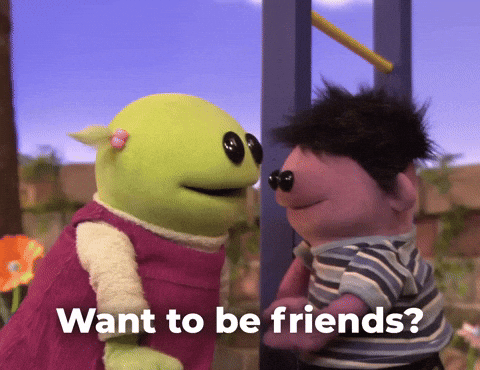It’s common news at this point that the cause of death for young aspiring influencer Gabby Petito was strangulation. But to the survivors of domestic abuse, the tell-tale signs were clear long before the headlines came out.
In a recent interview with BuzzFeed, 35-year-old Kayla Walters reflected on her own experience following Petito’s case on social media. In particular, the released bodycam footage where Petito described an aggressive lover’s quarrel with fiance Bryan Laundrie. As BuzzFeed put it, “As she watched the video, Walters was sure that Petito had been at risk of strangulation, and with it, death.”
Why? Because Walters saw how Petito demonstrated Laundrie’s violent face grab during the fight. That’s all. But for survivors of strangulation like Walters, that small aggressive gesture is the only red flag needed.
“If he [Brian Laundrie] could do that, he could go further,” Walters told BuzzFeed News, and she wasn’t the only one who thought so. She continued that “A lot of survivors thought the same thing … Just by her saying, ‘He grabbed my face.’”
According to research published by the National Institute of Justice, people whose partners have attempted to choke or strangle them in the past are nearly 10 times more likely to be murdered than others.
BuzzFeed noted that red flags can include: “Any intimate partner nonconsensually putting their hands around someone’s throat or face [as with Brian Laundrie], tying a scarf, tie, belt, rope, or other object around the neck without consent, or exhibiting a capacity for jealousy or control, such as tracking their partner’s location, lashing out if they don’t receive an immediate response to a text message, or separating the victim from their friends and family.”
Unfortunately, this is not something the masses are made aware of, including our law enforcement. Domestic violence is an insidious torture both men and women endure, one that remains kept in the shadows due to shame, fear and, perhaps worst of all, acceptance of “that’s just the way it is.” We are not taught to catch the warning signs for ourselves and others, and the consequences, such as with Gabby Petito, can be life-ending.
Survivors of domestic abuse soon gathered on social media to speak out on the widespread lack of awareness the general public has. For them, it was an all-too-common image.
“Everybody knew before the [coroner’s] report came out how she died,” Kit Hunt, 52, a strangulation survivor in Austin, told BuzzFeed News. “We need to talk about how common this is … How survivors are treated … We’re not believed … We focus on the crime, and then everybody forgets about it. We need more discussion, that’s what’s missing.”
Considering that 1 in 4 women will experience violence from an intimate partner, and 68% will experience near-fatal strangulation (and even then, only half will even have any visible signs of injury), I’d agree that a discussion is definitely needed.
Even when the strangulation is fatal, only half show visible signs of injury, according to the Training Institute of Strangulation Prevention. This makes strangulation cases difficult to detect, nearly impossible to report and easy to dismiss. But we can improve these statistics with education. Though the public social media craze that followed Gabby Petito’s case has been a controversy in itself, perhaps its public revelations will also inspire more public awareness, leaving victims in better circumstances.
If any silver lining is to come of Gabby Petito’s tragedy (and the tragedy of many, many more), it’s that there is a real call for change. Rather than a sensational true crime story, let’s treat this as what it really is: a chance to help others not become victims.
If you’re looking to find more informational resources, or a safe place to share your story and seek help, many survivors have joined the private Facebook group Justice for Gabby.

































